Foodwise Autumn

Welcome to the first edition of Foodwise in 2021!
A major highlight of the past year has been the ongoing and valued collaboration between the NSW Food Authority, industry partners, other state governments, and national and international agencies to ensure food businesses continued to safely operate through disruptions and uncertainty. This collaboration also ensured the most up-to-date COVID-19 information was available to businesses throughout the pandemic. The NSW Food Authority 2019-20 Annual Report provides more detail on the Food Authority’s COVID-19 education and compliance activities throughout 2020.
Food Regulation 2015 is due for repeal in 2021 and in this edition, we invite food businesses to have a say on how their business and industry is regulated. This new and important piece of legislation is due to be updated in 2022 and aims to enhance the effectiveness of the previous outline, which sought to achieve a better balance between maximising food safety outcomes for consumers while minimising regulatory costs of regulation on business.
We hope you enjoy this edition of Foodwise. As always, we welcome your comments and feedback, so please feel free to drop us a line with any additional suggestions.
For more information, please call our Helpline on 1300 52 406 between 8.30am and 5.30pm, email food.contact@dpi.nsw.gov.au, or go to our website.
Adaptive compliance response meets COVID-19 challenges
The COVID-19 outbreak in early 2020 resulted in a large-scale human health response throughout NSW, requiring an expansion of compliance activities to ensure businesses were adhering to public health orders (PHOs).
The CEO of the NSW Food Authority was given a delegation to appoint authorised officers under the Public Health Act 2010 to conduct compliance and enforcement duties of retail food businesses, to support the multi-agency health response.
DPI’s management team joined the inter-agency working group to coordinate COVID-19 compliance activities, which played a large part in ensuring food businesses were kept updated on the latest PHOs and compliance activities.
As businesses re-opened in mid-2020, the COVID-19 working group developed an electronic checklist so all participating agencies and regulators could easily perform COVID-19 safety plan inspections. As a result, over 4,000 businesses were inspected for compliance with the PHO.
Data obtained from the checklist was collated with data from the inter-agency working group and was used to inform future actions from the whole-of-government COVID-19 response.
COVID-19 compliance training
To keep food businesses informed and ensure compliance, the NSW Food Authority developed training and information resources, website information and the voluntary and free ‘COVID-19 awareness for food service’ online training.
‘COVID-19 awareness for food service’ training is available on the Food Authority’s COVID-19 advice webpage.
Existing communication channels were used to distribute training materials and information so local councils were informed and equipped to work with local retail food businesses.
The training materials complemented regular online information sessions initiated to facilitate further engagement between the Food Authority and local council Environmental Health Officers.
2020 COVID-19 inspection activities
Our authorised officers conducted COVID-19 compliance inspections over 70 days, contributing to the successful management in NSW of community transmission of COVID-19.
The COVID-19 inspections returned high levels of compliance, with enforcement action taken against businesses that repeatedly failed to comply with PHO requirements.
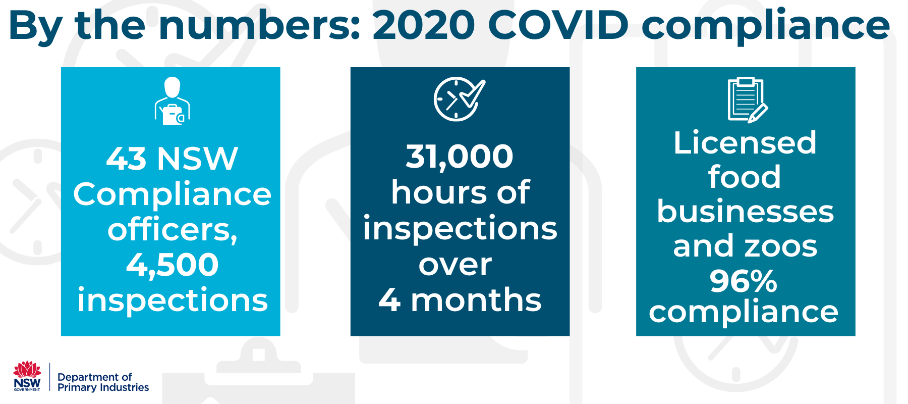
There were 204 written warnings issued to businesses and the Compliance Investigations Unit reviewed and issued 30 penalty notices with a combined penalty value of $98,000.
The COVID-19 compliance program highlighted the adaptive nature of DPI staff. With limited time to plan, compliance officers were on the ground conducting COVID-19 inspections on mobile devices using dedicated and specialised checklists to ensure data was captured and used for enforcement actions.
Routine compliance activities have resumed; however, officers continue to complete COVID-19 assessments wile completing normal compliance duties with food business licensees and accreditation holders.
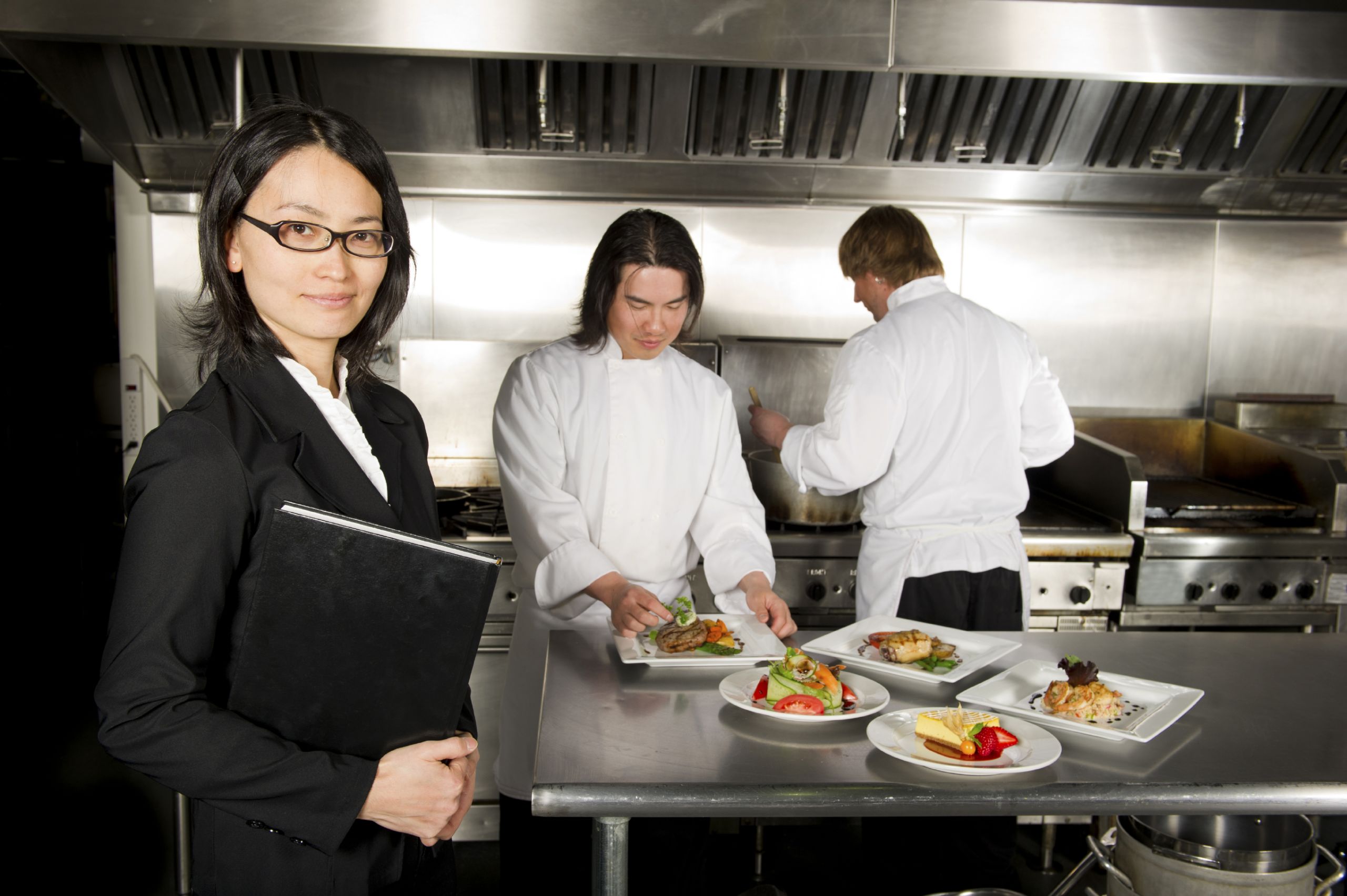
Have your say: User review survey on Food Regulation 2015
Are you an NSW Food Authority licensee, manufacturer, wholesaler, caterer, registered training organisation or retail food chain? If so, in just 20 minutes you could influence how food regulation works in NSW.
This voluntary, anonymous survey will be used to gather essential information for remaking the Food Regulation 2015 (the Regulation), due in 2022.
The Regulation sets minimum food safety standards for higher risk food industry sectors. It also outlines requirements for the NSW Food Safety Supervisor program and for the display of kilojoules by retail food chains.
The survey includes questions on:
- Benefits and costs of food safety regulation
- Whether the regulation is appropriate, effective and easy to understand
- Regulatory support services and assistance materials, and
- Emerging industry trends and issues.
The survey is available here from 1 March 2021 to 26 March 2021.
Thank you in advance for participating in this important survey and having a say in how your business and industry is regulated. The Food Authority values input from businesses.
If you have any questions about the survey, please email food.contact@dpi.nsw.gov.au
or call 1300 552 406.
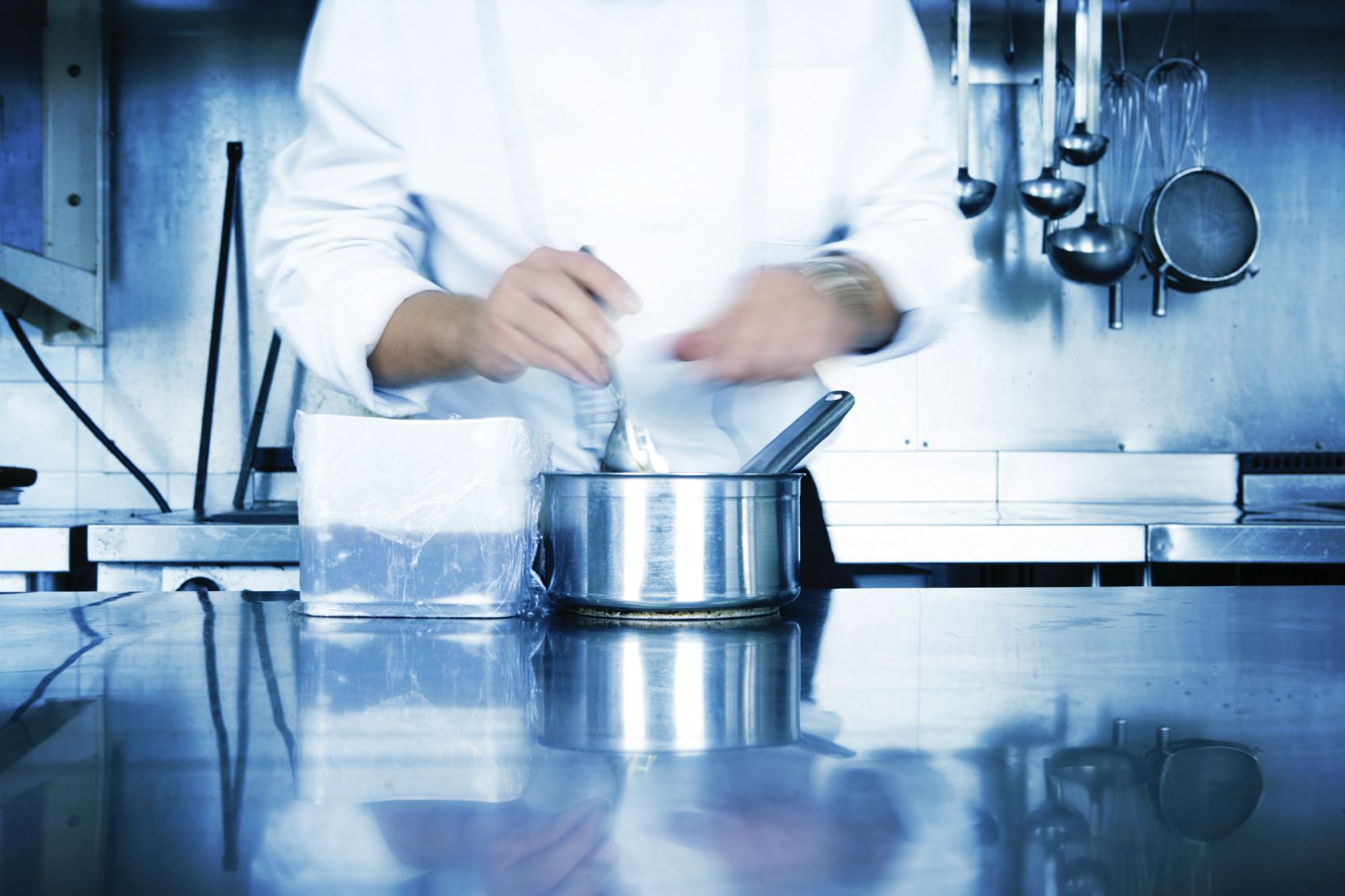
Champions of the 2021 Sydney Royal Competitions
The NSW Food Authority proudly supports the annual Royal Agriculture Society (RAS) of NSW Sydney Royal Competitions.
The Sydney Royal Cheese & Dairy Produce Show and the Sydney Royal Fine Food Aquaculture Show celebrate quality and innovation, honour commercial producers and reward the outstanding products that contribute to our world-renowned food industry.
Winning a Sydney Royal award is a significant achievement and offers producers a platform from which to benchmark their products within their industry, as well as provide extensive exposure to both the consumer and trade markets.
Entries were judged by industry experts for the 2021 competitions in February and results were announced online. Congratulations to the winners of the NSW Food Authority-sponsored categories:
Cheese & Dairy Produce Show – Champion Cheddar Cheese
- Awarded to Bega Cheese for their Strong and Bitey cheese
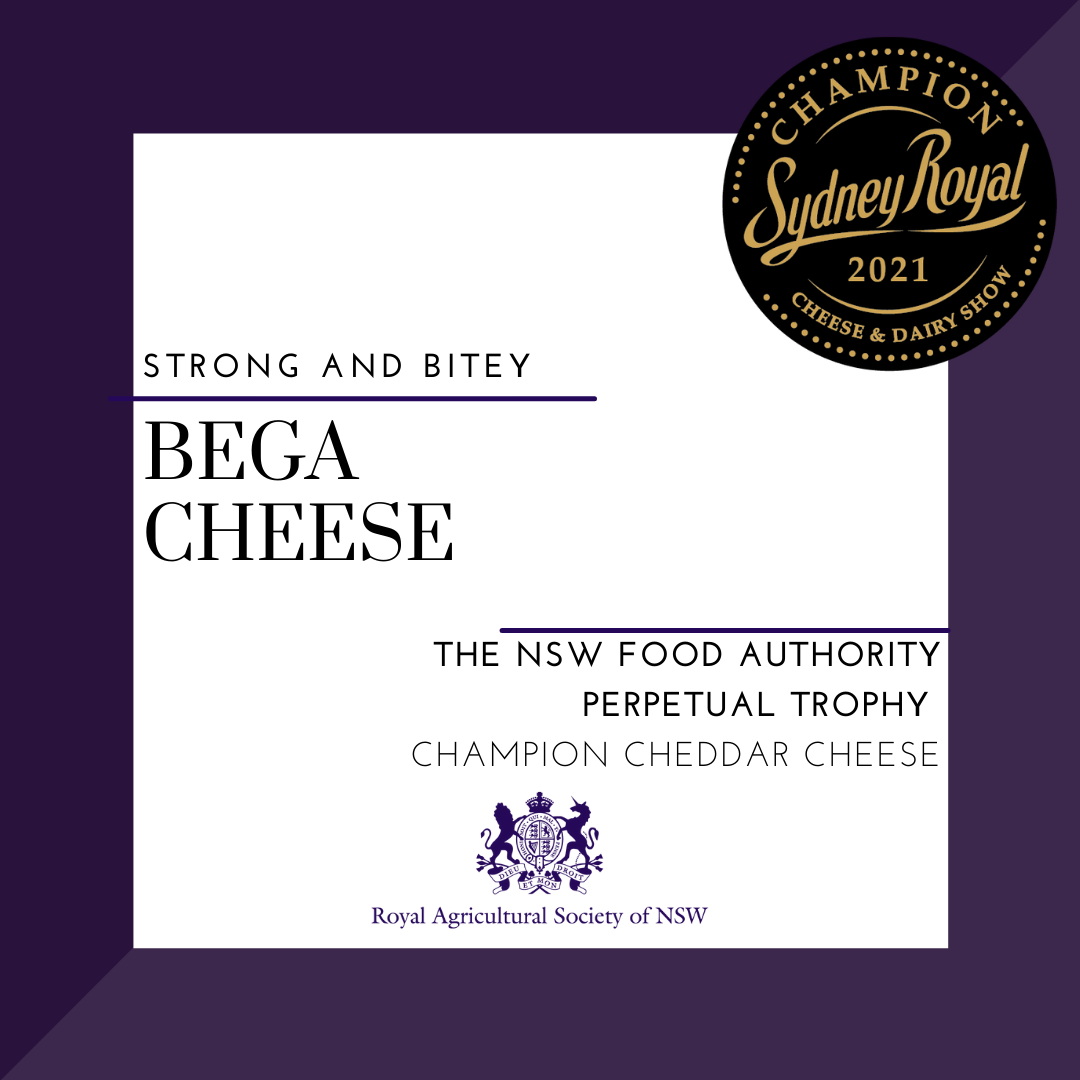
Cheese & Dairy Produce Show – Champion Specialty Cheese
- Awarded to Berrys Creek Gourmet Cheese for their Tarwin Blue cheese

Aquaculture Fine Food Show – Champion Sydney Rock Oyster
- Awarded to Tathra Oysters for their Nelson Lake Bistro Cylinder oyster
Food Authority CEO Lisa Szabo said, “I would like to congratulate all winners and champions for their incredible, ongoing success.”
“It is encouraging to see all entrants continue to make outstanding, award-winning products despite the challenges of the last 12 months.
“I’d like to also thank the Royal Agriculture Society of NSW for persisting in staging the Fine Food Awards in these challenging times.”
The Food Authority works closely with industry at every stage of the food chain, from paddock to plate, to help make the food produced and sold in NSW safe for its consumers.
For more information on the results visit https://www.rasnsw.com.au/sydney-royal-competitions/
New food safety stand to debut at 2021 Sydney Royal Easter Show
The NSW Food Authority is pleased to be exhibiting at the 2021 Sydney Royal Easter Show to be held from 1-12 April at Sydney Olympic Park.
This year will see the debut of the Food Authority’s Food Safety Investigation (FSI) Kitchen Crimes stand in the Food Farm Pavilion from 9am-7pm daily. Visitors will need to use their good detective skills to identify poor food handling and personal hygiene habits that may cause little ‘Barry’ and ‘Sally’ to get food poisoning.
Families will move through interactive ‘crime zones’ and at the end are presented with a Junior FSI Squad Bag so kids can continue the detective work at home and can even rate the cleanliness and safety of their kitchen at home.
The crime zones will help visitors to:
- Learn about the golden rules of food safety
- Identify a contaminated kitchen scene
- Identify the guilty offenders in a fridge ‘line up’
- Choose the correct scenario in the crime lab
- Get a close-up view of nasty bacteria.
Expert Food Authority staff will be on hand to provide food safety advice and answer further questioning by future detectives.
The Sydney Royal Easter Show is organised by the Royal Agriculture Society (RAS) of NSW who is excited to be celebrating everything we know and love about rural Australia – farmers, food and family fun. The RAS is working closely with NSW Health to ensure the 2021 Show is compliant with all COVID safe requirements to keep everyone safe.

RETAIL

Food Regulation Forum meeting outcomes for 2020
The Food Regulation Forum (the Forum) oversees the work of the Food Regulation Partnership (FRP), a joint initiative between the NSW Food Authority and NSW local councils to ensure retail food businesses comply with food safety regulations.
The Forum meets three times each year to discuss issues and initiatives affecting retail food surveillance. The last meeting was held via teleconference on 30 November 2020 where the following points were discussed:
Effects of COVID-19 on the retail food sector
Forum members were updated on the ongoing effects of COVID-19 on the retail food sector. As of 30 November 2020, there were over 23,000 COVID-19 inspections in NSW and over 3,600 of those inspections were at NSW cafes and restaurants.
Members were reminded the COVID-19 Public Health Orders 2020 for retail food businesses remain in place and the requirement for ‘hospitality premises’ (including cafes and restaurants) to develop and register a COVID-19 Safety Plan also remains unchanged.
The Food Authority will continue to engage with local councils and the inter-agency working group as it processes COVID-19 inspection enquiries and will also explore the need for a more permanent arrangement for balancing COVID-19 and food surveillance activities.
Authorised officer training update
Members were advised that due to COVID-19, the 2020 Authorised Officer training was re-designed as a series of 21 weekly webinars. Each 2.5-hour webinar consisted of a presentation, workshop activity as well as opportunities for discussion.
The webinars proved popular with 42 enrolments in total. Each training session was recorded and made available for authorised officers who couldn’t attend in person.
The Food Authority is currently exploring opportunities to develop the training as an online course and will update Forum members throughout the year.
Bellingen Shire Council Resilience Program
Members were updated about the Food Authority’s involvement with the Bellingen Shire Council’s Resilience and Food Safety Forum on 24 November 2020. The event provided food safety information to a small community of growers and food retailers from the Bellingen region and highlighted the Food Authority’s partnership with NSW local councils.
Enforcement agencies 2019-20 activity reporting
NSW councils, the Office of Environment and Heritage (OEH for Kosciuszko National Park) and the Lord Howe Island Board (LHIB) are required to report annually to the NSW Food Authority about their regulatory activities.
Forum members were provided with the latest enforcement report for the 132 areas regulated by these agencies, which can be found here.
Food Regulation Partnership survey 2020
Members were updated on a survey the NSW Food Authority conducted of local government partners. The aim of the survey was to identify what is working well and where improvements can be made in relation to the FRP and the services provided by the Food Authority’s Local Government Unit (LGU).
A total of 217 respondents participated from 106 councils with a comprehensive report of results currently being drafted. Some key findings include:
- Majority of respondents felt that the LGU services, materials and support is either very effective (21%) or effective (62%)
- Training is highly regarded and wanted, e.g., a request for more advanced training
- Need for central database with online mobile device
- Concerns exist about consistency in approach between enforcement agencies
- Continued requests for information and resources.
Forum members were provided an update and will be advised when the report is complete.
FRP Workshop 2021
The 2021 Food Regulation Partnership (FRP) workshop will be held in Sydney in August. A working group has been established to develop the program with the theme to be based around ‘Resilience and working together’. A draft program is being developed and includes technical sessions, tours and a social program. Forum members will be kept up-to-date as plans develop.
Regional Food Group meetings 2020-21
The NSW Food Authority Local Government Unit conducts Regional Food Group (RFG) meetings throughout NSW to support local councils with surveillance activities. The meetings consist of a professional development training session followed by an opportunity to discuss regional matters.
All 2020 RFG meetings progressed despite the disruption caused by COVID-19 and many were successfully delivered online. Training materials included a guidance document for authorised officers to use in the field and are available on the Food Regulation Partnership Portal for EHOs to access.
The Food Authority is currently planning its professional development schedule for 2021 with ‘Food notification’ and ‘Food safety culture’ as proposed projects.
State Liaison Group meeting
Members were informed of the latest meeting held on the 23 September 2020. Representative EHOs from the RFGs met to discuss operational matters of state-wide significance.
The next State Liaison Group meeting will be in March 2021. Forum members are invited to attend and observe.
Refreshed and updated guideline for sushi preparation
The NSW Food Authority had updated the Food Safety Guidelines for the Preparation and Display of Sushi with a refreshed look and updated requirements for defrosting frozen fish.
Ready-to-eat sushi is regarded as a potentially hazardous food. The Australia New Zealand Food Standards Code (the Code) requires food businesses maintain the temperature of sushi either at or below 5˚C or above 60˚C during transport, storage, and display. The Code also allows for alternative compliance methods if businesses can show the product’s safety.
Preparing sushi involves handling of both raw and cooked foods and is eaten without further cooking so it is important ingredients are handled correctly and safely. Poor handling of cooked foods can result in cross-contamination with raw foods and, if not stored correctly, can increase number of bacteria.
To help ensure compliance for food businesses preparing sushi, the refreshed guidelines outline safe food practices for receiving, storing, preparing and displaying sushi products. The guidelines explain in simple terms the requirements for best personal hygiene practices, safe handling of utensils, equipment and ingredients, and the retail display of sushi products.
Information on defrosting fish has also been updated in response to the food safety challenges presented by COVID-19.
Food businesses should only defrost fish in small amounts overnight and in a refrigerator or a cool room at or below 5°C. Ensure good stock rotation so older fish is defrosted first with any unused fish to be discarded at the end of the day.
Read the full Food Safety Guidelines for the Preparation and Display of Sushi available on our website.

MEAT
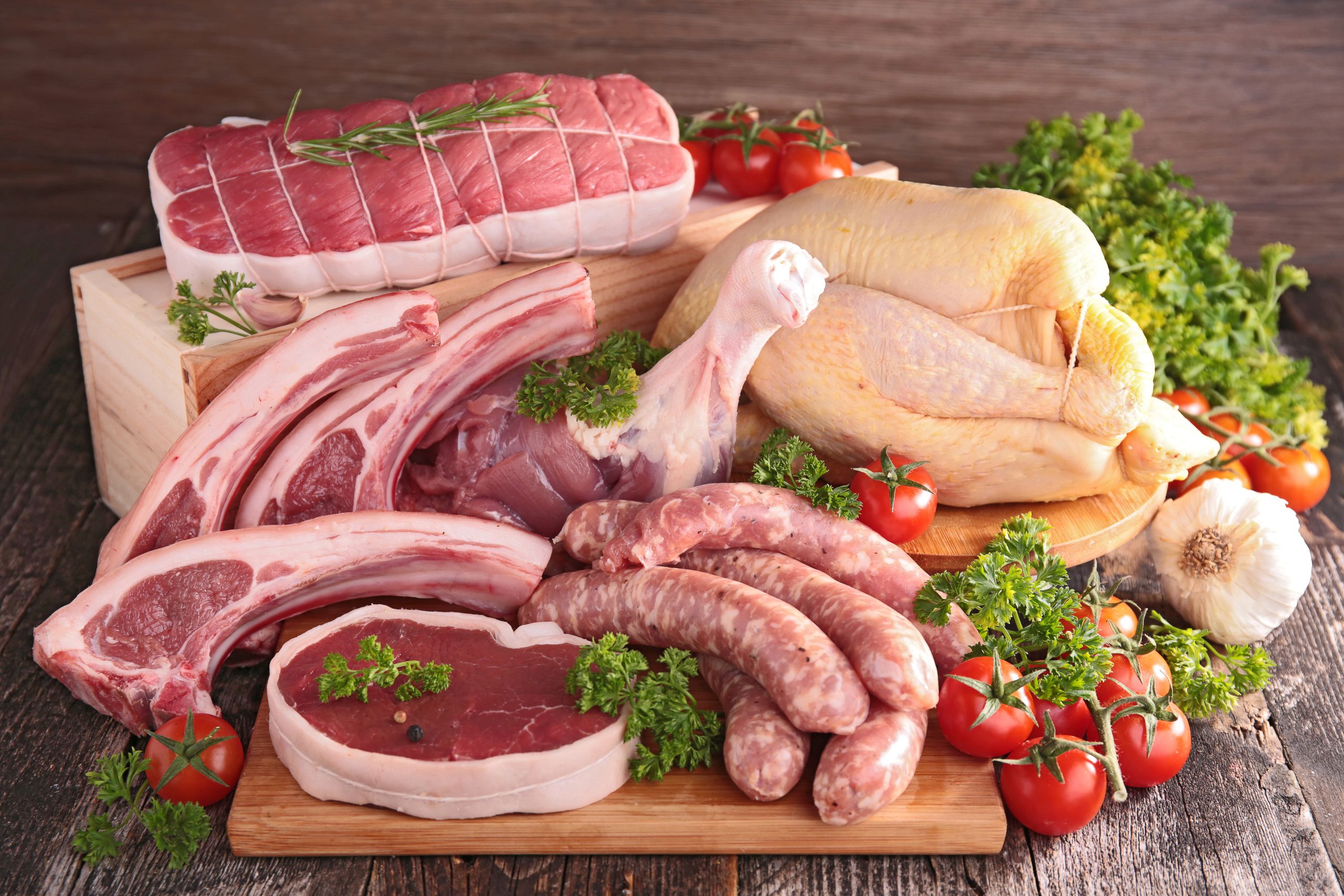
Inspections and audits
From October 2020 to December 2020, the Food Authority conducted 147 inspections and 400 audits of licensed meat businesses. This industry sector has recorded a compliance rate of 94%.
The main audit items attracting Corrective Action Requests (CARs) during the period were for Process Control (failure to complete monitoring records or to identify cross contamination risks), Food Safety Program issues, and Analytical Testing. The Compliance & Integrity Systems unit will implement targeted strategies to address these issues as well as poor performers.
The table below shows comparable data for compliance and audit activity in the meat sector between the same reporting periods in 2019 and 2020.
| Reporting period | Oct-Dec 2019 | Oct-Dec 2020 |
|---|---|---|
| Total audits | 461 | 400 |
| Total inspections | 209 | 147 |
| Compliance rate | 93% | 94% |
Industry Consultative Committee meetings schedule
Dates for 2021 NSW Meat Industry Consultative Council (MICC) meetings are:
- 10 March 2021
- 21 July 2021
All meetings are held from 1pm to 3pm at a venue still to be confirmed. A call out for agenda items and reminder of outstanding action items are sent four weeks prior to the scheduled meeting date.
For more information on upcoming meetings or to contact an MICC member, visit the Meat Industry Consultative Committee page.

SEAFOOD
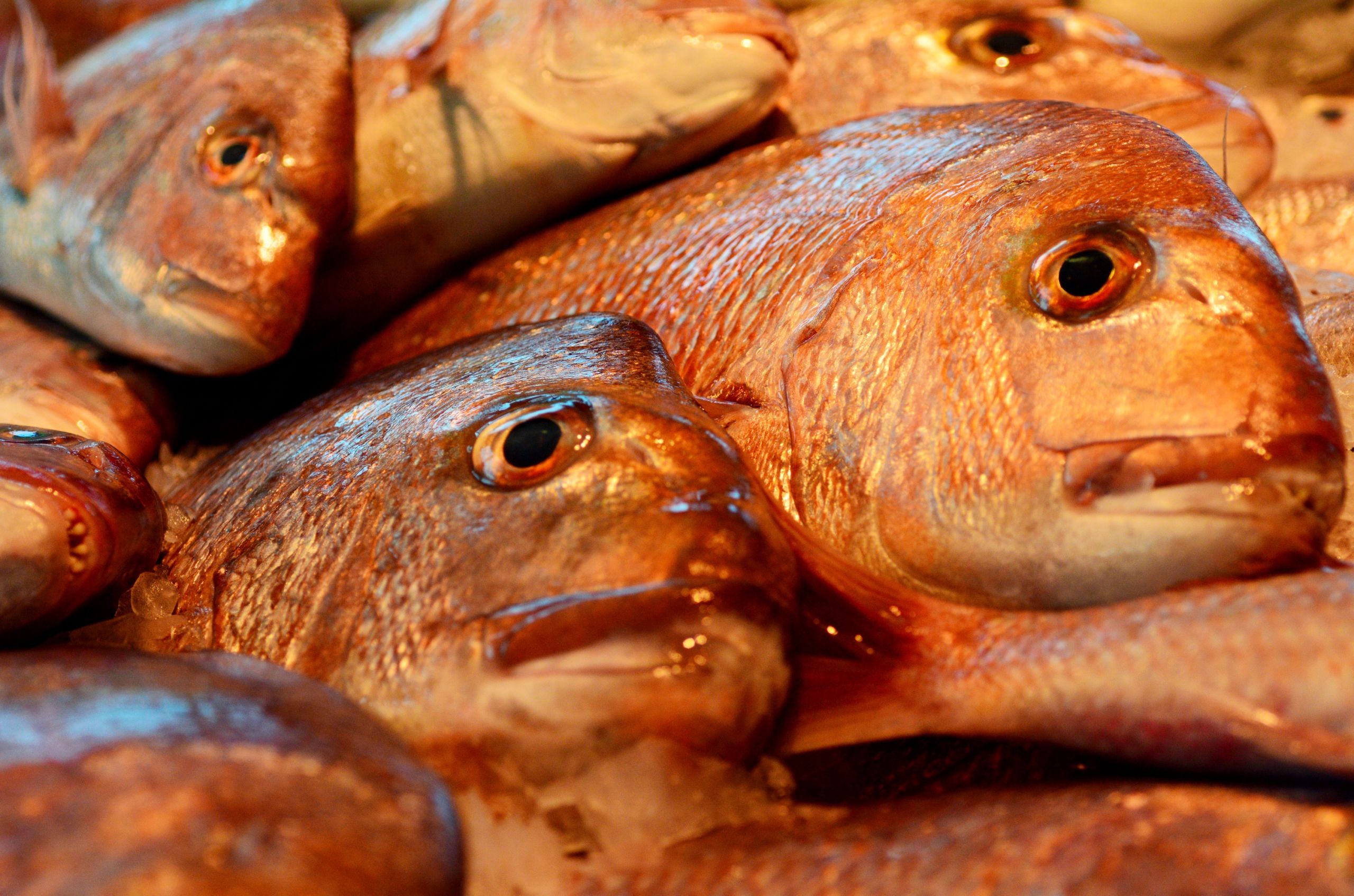
Real-time sensors show positive economic outcomes for shellfish growers
A report and factsheet now published on the NSW Food Authority website highlight the economic benefits of using real-time salinity sensors to refine shellfish harvest area management plans, and potentially increase future harvest opportunities.
Data (salinity, temperature, and water height) from real-time sensors were collected in 13 oyster producing estuaries in NSW as part of the Oyster Industry Transformation Project, a collaboration between oyster farmers, the Food Agility CRC, University of Technology Sydney (UTS), NSW Hunter LLS, technology provider The Yield and the NSW DPI (Aquaculture Research and NSW Food Authority Shellfish Program).
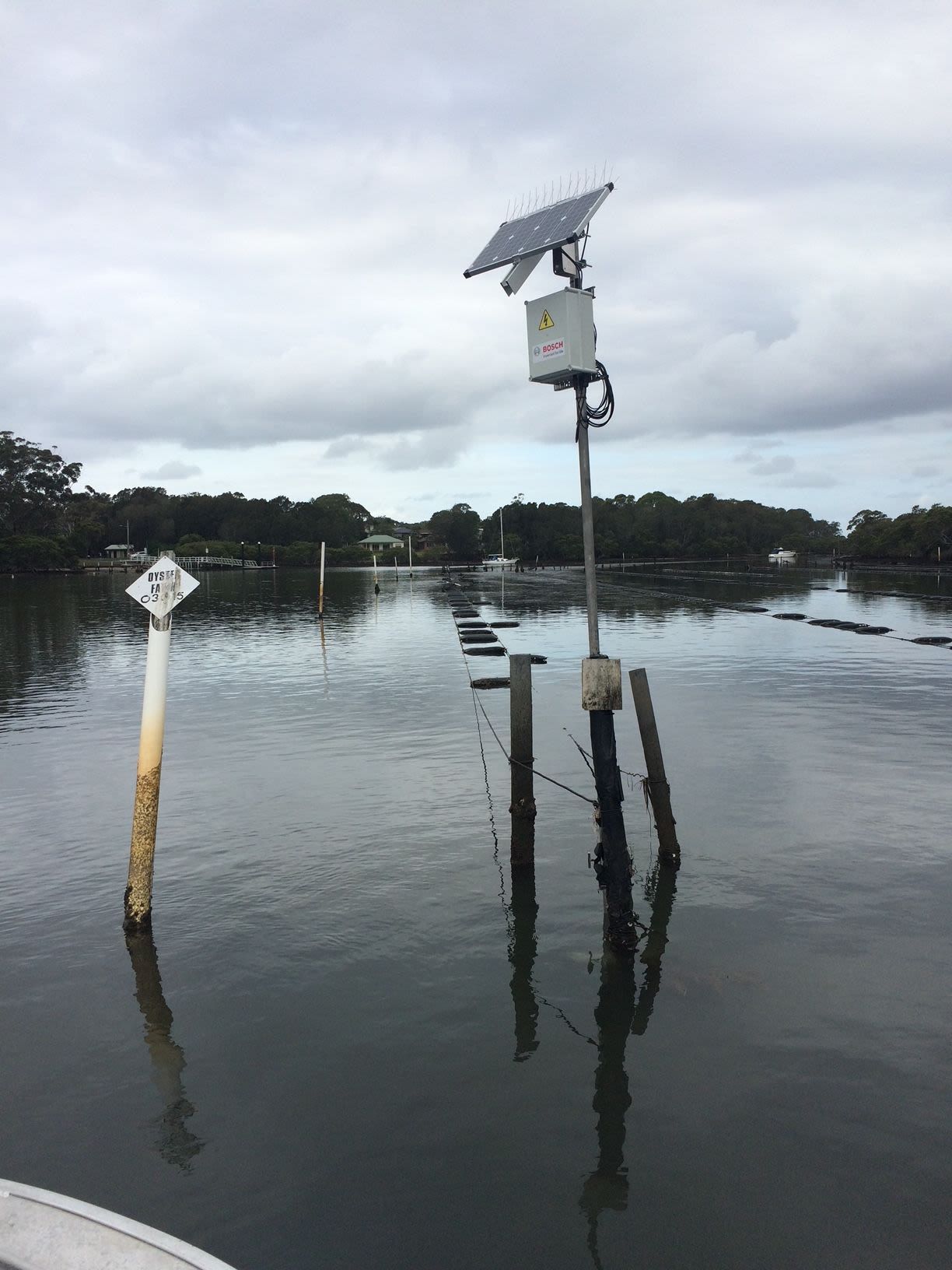
Real-time sensor installed in a harvest area
Real-time sensor installed in a harvest area
Oyster producers at Pambula Lake and Cromartys Bay (Port Stephens) were early adopters of salinity-based harvest area management plans using real-time sensor data. With these areas as case studies, an independent economic assessment by the NSW DPI reported a positive economic impact through using this technology.
Using a salinity-based harvest area management plan led to an increase in harvest days in both areas, and the Net Returns of Real-Time Sensors and Salinity-Based Management Plans in NSW Oyster Production report showed this was equivalent to an annual net benefit (profit after all operational costs including sensor installation and maintenance) of $95,736 for Pambula Lake and $15,344 for Cromartys Bay. These estimates are considered conservative, as the data used for the assessment was collected during a drought period.
Read the full report and factsheet on the Food Authority website here.
Across the wider NSW shellfish industry, the potential economic benefit from the use of real-time sensors for harvest area management is conservatively estimated at up to $3 million annual farm gate value. Further application of project data to modelling harmful algal blooms and diseases that impact shellfish stock would have additional benefits.
A recent funding application for a second phase of the project has been successful and will build on the findings of phase one. The focus for phase two of the project will be to improve the precision of harvest area management plans and develop models for harmful algal bloom and oyster mortality events to assist in refining farm management practices.
Inspections and audits
From October 2020 to December 2020, the Food Authority conducted 61 inspections and 74 audits of licensed seafood businesses. This industry sector has maintained a high compliance rate of 98% with no serious enforcement actions being taken.
The table below shows yearly comparable data for compliance and audit activity in the seafood sector between the same reporting periods in 2019 and 2020.
| Reporting period | Oct-Dec 2019 | Oct-Dec 2020 |
|---|---|---|
| Total audits | 73 | 74 |
| Total inspections | 35 | 61 |
| Compliance rate | 97% | 98% |
Industry Consultative Committee meetings schedule
Dates for 2021 NSW Seafood Industry Forum (SIF) meetings are:
- 12 May 2021
- 15 September 2021
All meetings are held from 1pm to 3pm at a venue still to be confirmed. A call out for agenda items and reminder of outstanding action items are sent four weeks prior to the scheduled meeting date.
For more information on upcoming meetings or to contact an SIF member, visit the Seafood Industry Forum page.

DAIRY
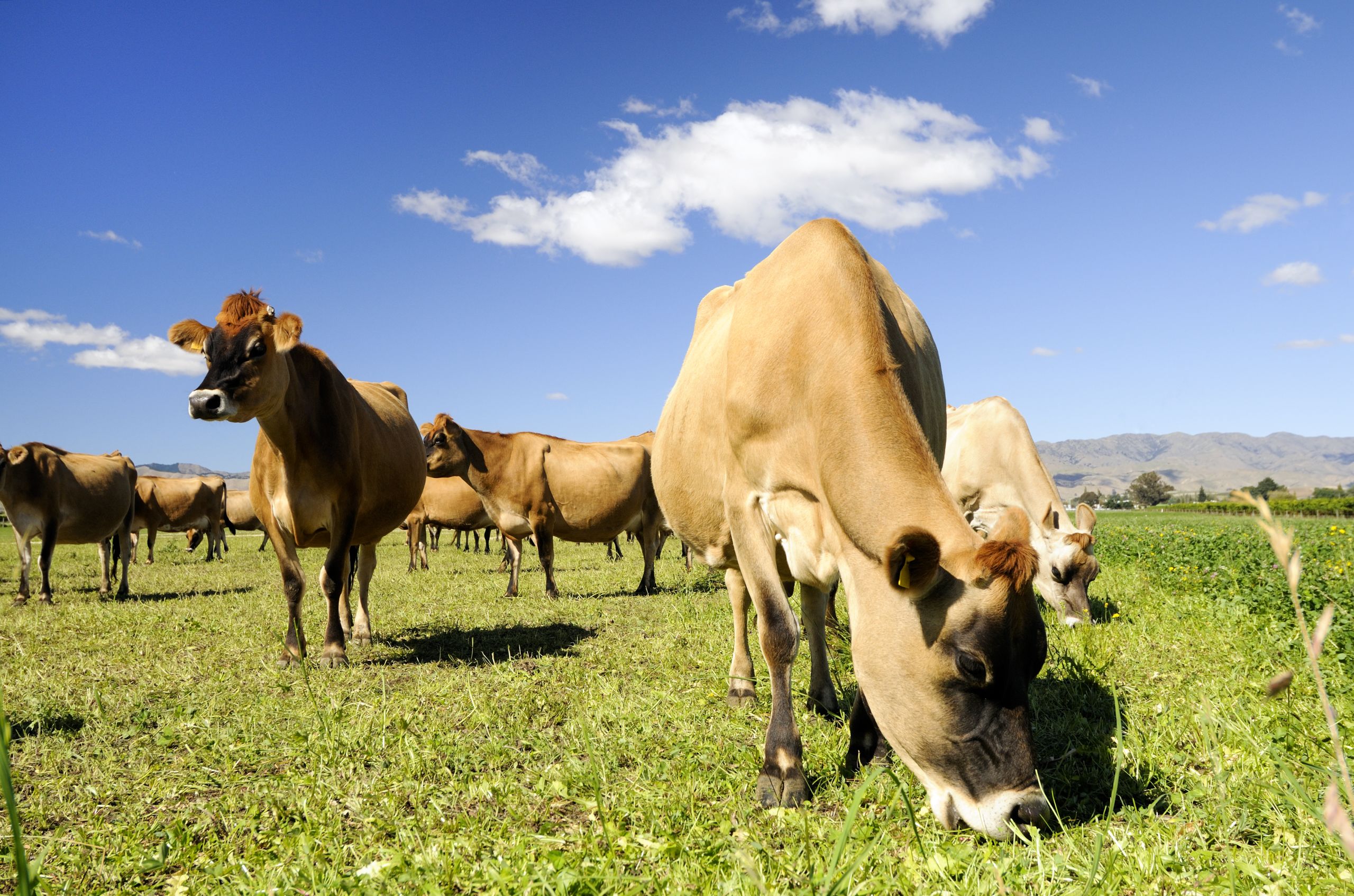
Inspections and audits
From October 2020 to December 2020, the Food Authority conducted 21 inspections and 103 audits of licensed dairy businesses. This industry sector has maintained a high compliance rate with 98% of businesses recording an acceptable audit result. This industry sector has maintained a high compliance rate for an extended period due to industry commitment to food safety controls.
There were no serious enforcement actions taken against licensed dairy business during this period.
The table below shows yearly comparable data for compliance and audit activity in the dairy sector between the same reporting periods in 2019 and 2020.
| Reporting period | Oct-Dec 2019 | Oct-Dec 2020 |
|---|---|---|
| Total audits | 169 | 103 |
| Total inspections | 21 | 21 |
| Compliance rate | 98% | 98% |
Industry Consultative Committee meetings schedule
Dates for NSW 2021 Dairy Industry Consultative Council (DICC) meetings are:
- 16 June 2021
- 20 October 2021
All meetings are held from 1pm to 3pm at a venue still to be confirmed. A call out for agenda items and reminder of outstanding action items are sent four weeks prior to the scheduled meeting date.
For more information on upcoming meetings or to contact an DICC member, visit the Dairy Industry Consultative Committee page.
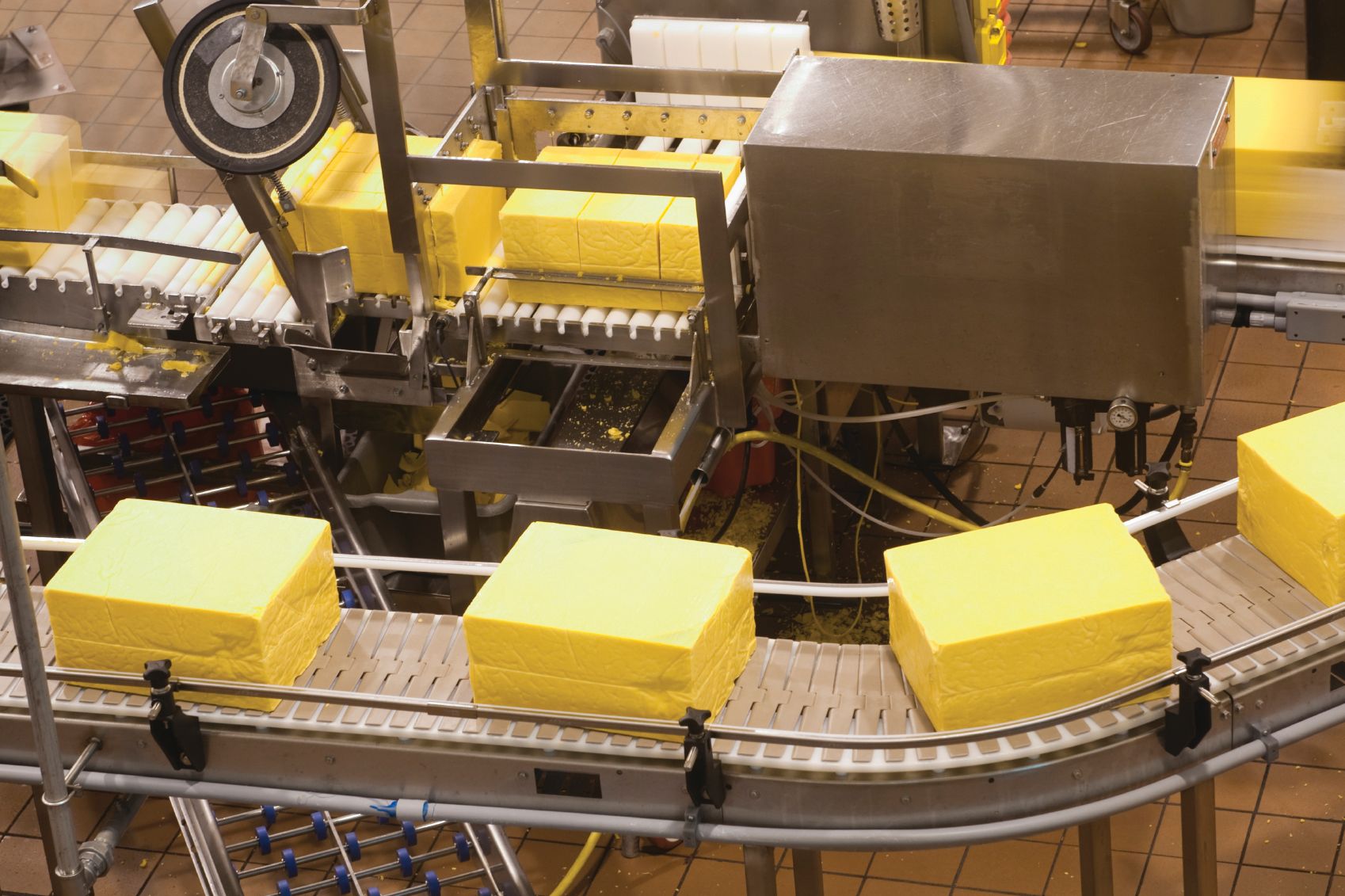
EGGS
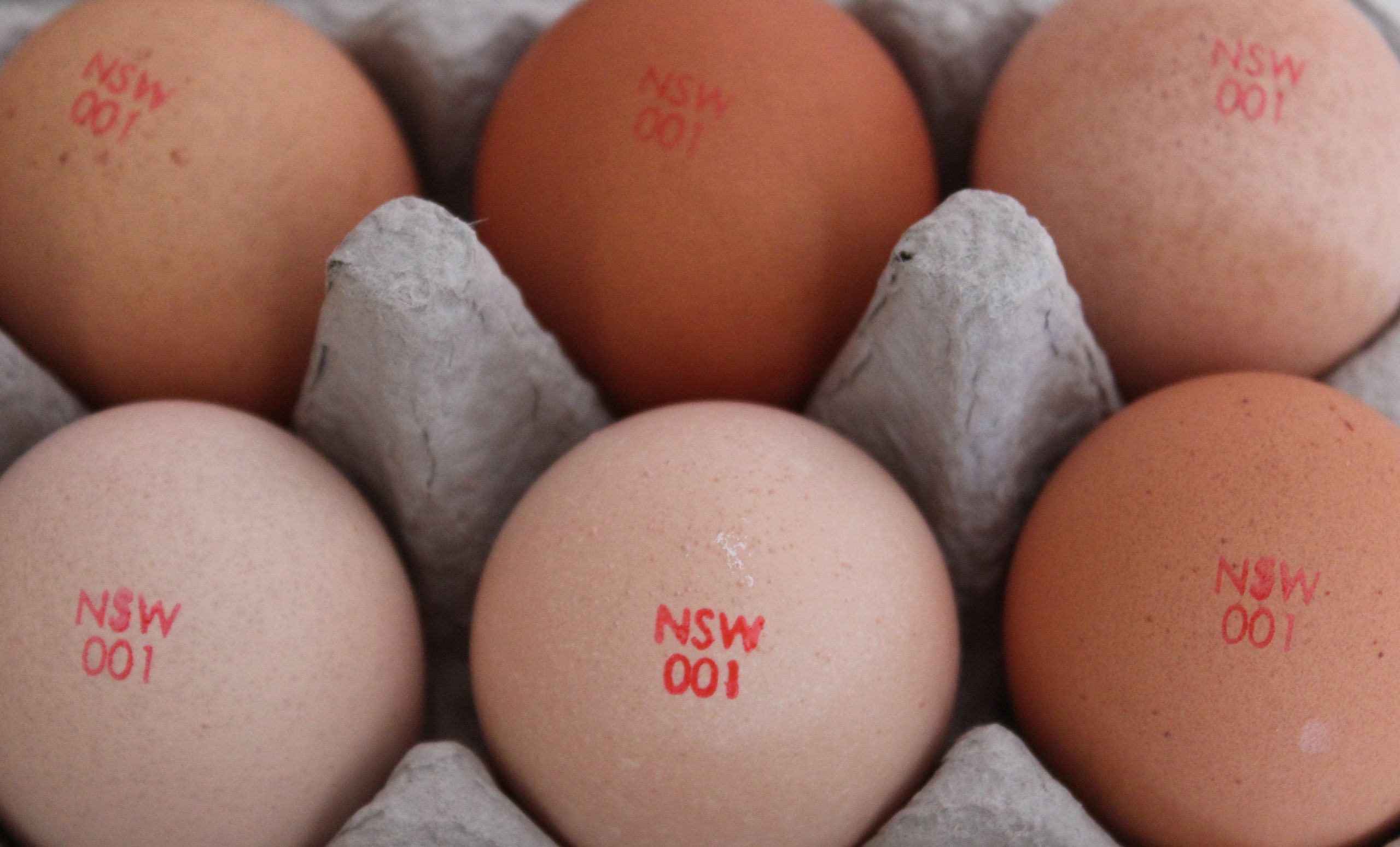
Inspections and audits
From October 2020 to December 2020, the Food Authority conducted 61 inspections and 26 audits of licensed egg businesses. This industry sector has recorded a compliance rate of 74% for the reporting period.
In August 2019, the Biosecurity (Salmonella Enteritidis) Control Order 2019 (the Control Order) came into effect following reports of a number of cases of human illness linked to Salmonella Enteritidis (SE) in egg production. Since May 2018, there has been an emergence of cases where people became infected from consuming food locally in NSW. The object of this Control Order is to prevent, eliminate, minimise and manage the biosecurity risk posed or likely to be posed by the spread of Salmonella Enteritidis within NSW.
To assist with the implementation of the Control Order, the NSW Department of Primary Industries developed the SE Egg Management Program which outlines all biosecurity and food safety controls that must be implemented to comply with the Control Order. The Program included existing food safety programs requirements, as well as new hygiene and biosecurity practices that are required in response to SE.
During the first quarter of 2020-21 financial year, Authorised Officers inspected licensed egg production and processing facilities to determine baseline compliance with the Control Order. At the conclusion of the inspection, each licensed facility was issued with a Biosecurity Direction outlining the areas of the Control Order and any additional requirements that required corrective action. Follow-up inspections are scheduled six months after the initial inspection to check if the licensed premises has complied with requirements outlined in the Control Order and food safety provisions.
The table below shows yearly comparable data for compliance and audit activity in the egg sector between the same reporting periods in 2019 and 2020.
| Reporting period | Oct-Dec 2019 | Oct-Dec 2020 |
|---|---|---|
| Total audits | 18 | 26 |
| Total inspections | 61 | 61 |
| Compliance rate | 56% | 74% |
Industry Consultative Committee meetings schedule
Dates for 2021 NSW Egg Industry Consultative Council (EICC) meetings are:
- 7 April 2021
- 18 August 2021
All meetings are held from 1pm to 3pm at a venue still to be confirmed. A call out for agenda items and reminder of outstanding action items are sent four weeks prior to the scheduled meeting date.
For more information on upcoming meetings or to contact an EICC member, visit the Egg Industry Consultative Committee page.
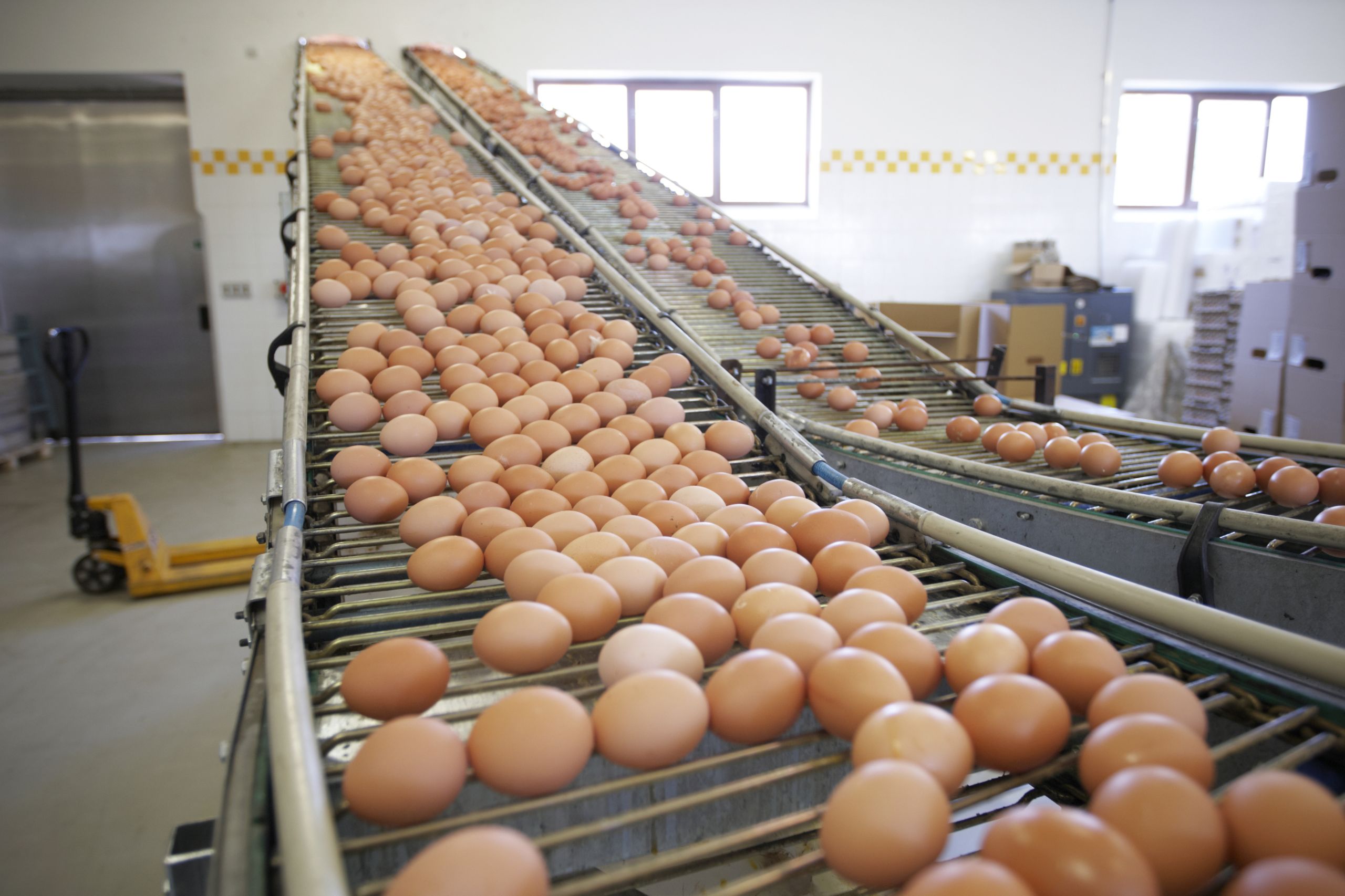
PLANTS

Inspections and audits
From October 2020 to December 2020, the Food Authority conducted 6 inspections and 22 audits of licensed plant product businesses. This industry sector has recorded a high compliance rate of 100%.
The table below shows yearly comparable data for compliance and audit activity in the plant sector between the same reporting periods in 2019 and 2020.
| Reporting period | Oct-Dec 2019 | Oct-Dec 2020 |
|---|---|---|
| Total audits | 27 | 22 |
| Total inspections | 11 | 6 |
| Compliance rate | 99% | 100% |
VULNERABLE PERSONS

Inspections and audits
From October 2020 to December 2020, the Food Authority conducted 26 inspections and 293 audits of licensed hospitals and aged care businesses. This industry sector has maintained a high compliance rate with 98% of businesses recording an acceptable compliance result due to the correct implementation of food safety controls and ensuring staff have the necessary skills and knowledge.
The table below shows yearly comparable data for compliance and audit activity in the vulnerable persons sector between the same reporting periods in 2019 and 2020.9
| Reporting period | Oct-Dec 2019 | Oct-Dec 2020 |
|---|---|---|
| Total audits | 264 | 293 |
| Total inspections | 17 | 26 |
| Compliance rate | 99% | 98% |
Industry Consultative Committee meetings schedule
Dates for 2021 NSW Vulnerable Persons Industry Forum meetings are still to be confirmed.
A call out for agenda items and reminder of outstanding action items are sent four weeks prior to the scheduled meeting date.



